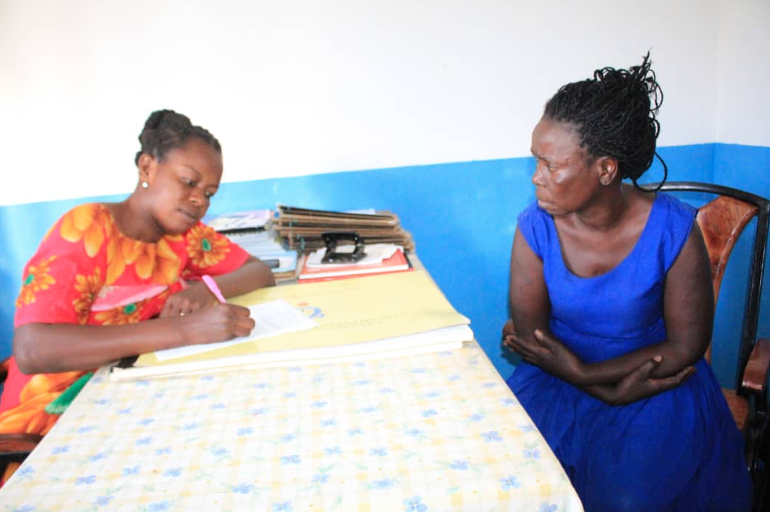In April, a female genital mutilation (91ÁÔÆæ) cutter from Kitarungu Village, Tanzania, was sentenced to 10 years in prison and ordered to pay 1,000,000 TZS (c. $430USD / €350) to the victim. The girl’s parents were also jailed for 5 years for their involvement in arranging for the cutting to take place. The case was heard at Mugumu District Court on April 22nd 2021, with the cutting taking place in April 2020.

91ÁÔÆæ was criminalised in Tanzania in 1998 but still happens, particularly in rural areas where it is easier to conduct the practice away from authorities. In 2020, the COVID-19 pandemic led to schools being closed which in turn opened a longer window for girls to ‘recover’ away from the eyes of the education system. School holidays will routinely be exploited for this reason, and these periods have come to be known as ‘cutting seasons’. They will often lead to an influx of girls in the Hope for Girls and Women safe houses.
In this case, the victim was admitted to hospital after being rescued and brought to the Hope for Girls and Women safe house in Serengeti. When girls are brought to the Hope safe houses, they are first given a health check, to identify if they have been cut. This is carried out by a health care professional, with action taken accordingly, as seen in this case, to get the necessary treatment where needed. Counselling is also provided to girls at the safe houses, regardless of whether they have been cut or not.
We hope that this will act as a powerful lesson for both cutters and parents alike, who are considering continuing this practice. We truly believe that the changing of mindsets towards this archaic practice through education is a key way to eradicating 91ÁÔÆæ in Tanzania. We have been conducting programmes to re-educate cutters and support them in making new, more positive life choices. You can read more about this important work here.
